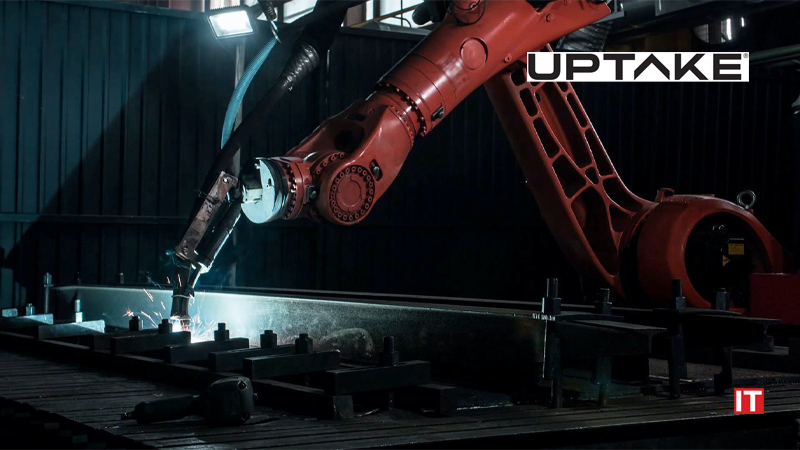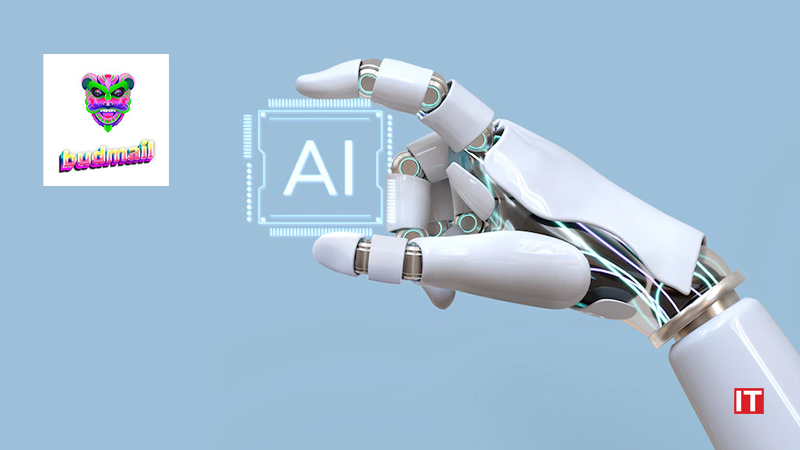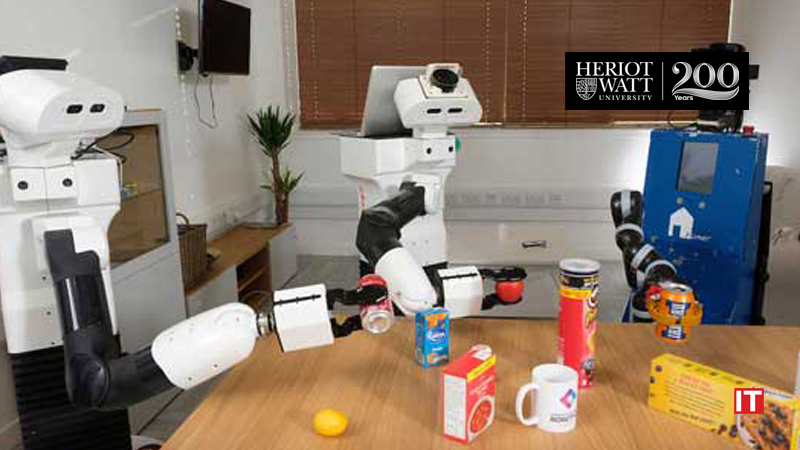A postgraduate student team from the National Robotarium has been selected to compete in Amazon’s new global AI competition. The team will create an embodied agent or robot butler to help people around the home.
Also Read: Early Adopters of Intelligent Light’s Kombyne™ Are Gaining Benefits
Amazon’s Alexa Prize SimBot Challenge asks teams to create help for a futuristic world that can understand natural language, interact with humans, and accomplish tasks.
The National Robotarium team is the only non-US group to pass the selection process, demonstrating its world-leading expertise in embodied conversational AI research and teaching.
The National Robotarium is part of the Data-Driven Innovation initiative and is supported by £21 million from the UK Government and £1.4 million from the Scottish Government.
Stewart Miller, CEO, National Robotarium said: “To be the only team from any country in the world outside the USA to be selected for the Alexa Prize SimBot Challenge demonstrates the global significance and capabilities of the teams within the National Robotarium. Backed by the combined robotic and AI experience of Heriot-Watt and the University of Edinburgh, we’re demonstrating our ability to lead global development in AI, pushing the boundaries of what’s possible in a domestic setting.”
Professor Verena Rieser, Professor of Conversational AI, National Robotarium, is advising the student team. She said: “The objective of Amazon’s latest Alexa Prize challenge perfectly aligns with the aims of the National Robotarium which is to use robotics and artificial intelligence research to help people, solve global challenges and work in partnership with industry. With AI technology and machine learning offering exciting opportunities to complement our daily lives, exploring how these innovations can be further embedded in our homes is a fantastic learning opportunity for our students.”
Alessandro Suglia, postdoctoral research fellow in Robotics and Autonomous Systems, National Robotarium said: “Our team will create a next-generation assistant capable of learning continuously. We will focus on natural language generation and reasoning, machine perception, navigation, manipulation and dialogue creation to further push the boundaries of AI through our research.”
The SimBot Challenge includes a public benchmark asking teams to design a machine-learning model with language-guided visual navigation and task completion. Phase 2 asks teams to test their bots to respond to customer commands and multimodal sensor inputs from within a virtual world.


































